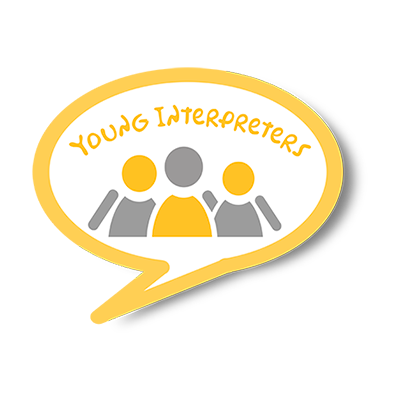


Recent migration waves in Europe have posed a significant challenge, especially for schools, which take on the dual responsibility of integrating migrant students and ensuring their education. Many educational institutions face the challenge of recruiting newcomer students, and the language barrier often complicates collaboration with local communities. This project aims to address these challenges by training a team of “young interpreters” in the primary education setting, who will use their language skills in the “official” school environment. The project focuses on supporting the transfer of good practice to develop a model that harnesses the bilingual and multilingual skills of young learners in primary education. This will be carried out by: Developing a challenge framework to implement a “young performers” programme. Creation of a recognition system for your skills. Support for the inclusion and linguistic development of newcomers. Support for family participation in their children’s education.
Identify up to 20 priority communication needs for recently arrived immigrant students and their parents. Create a set of training materials to support the “young performers” plan. Create a badge accreditation system to recognize performance of “challenges.” Recruit 120 young interpreters in 5 countries in a maximum of 10 languages. Pilot, test, evaluate and refine training and accreditation in 2 schools in each of the 5 countries. Identify and use tools to evaluate impact, including data and feedback from students, teachers and parents. Create a set of case studies for each country. Broadly disseminate the results and create a network of interested organizations.

Lorem ipsum dolor sit amet, consectetur adipiscing elit. Vivamus gravida sem odio. Proin volutpat tincidunt rutrum. Maecenas ac arcu purus. Cras suscipit posuere metus quis condimentum praesent euismod sem quis



We are a non-profit organisation based in Reus (Catalonia, Spain) that aims to help young people and adults get involved in youth work to participate in European programmes.

This website uses cookies and/or similar technologies that store and retrieve information when you browse. In general, these technologies can serve various purposes, such as recognizing you as a user, obtaining information about your browsing habits, or customizing how content is displayed.